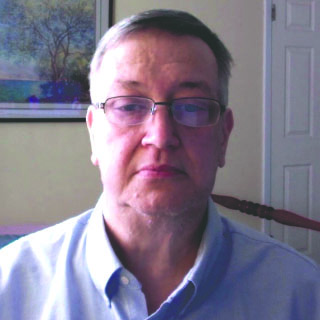572
A few days ago, I had the chance to sit and visit with a member of the Greatest Generation. Mr. Dillon Wallace is 92-years old and resides in Shreveport.
After graduation from Springhill High School he was drafted in the US Army during World War
‘The Immigrant’ and his impact on Minden
previous post



